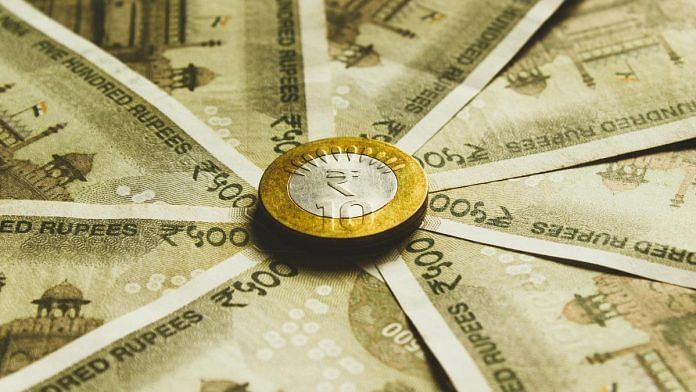Thank you dear subscribers, we are overwhelmed with your response.
Your Turn is a unique section from ThePrint featuring points of view from its subscribers. If you are a subscriber, have a point of view, please send it to us. If not, do subscribe here: https://theprint.in/subscribe/
Governments worldwide are working to attract investments, but India’s Budget 2024-25 seems to be moving in opposite direction. The recent removal of indexation appears less as a new tax and more as a penalty for investors. Inflation erodes the value of money, so the cost of acquisition was previously indexed before calculating the capital gains tax.
To illustrate this, consider a property purchased in 2001 for 1 crore, appreciating annually at 6%. Today, its value would be 4.17 crores. Two scenarios now emerge, with and without indexation. With indexation, the purchase price would be adjusted to 3.60 crores, making the taxable profit 54 lakhs, and the tax at 20% would be around 11 lakhs. Without indexation, the purchase price remains 1 crore, making the taxable profit 3.17 crores, and the tax at 12.5% would be around 40 lakhs. This translates to about four times the amount of tax paid, highlighting the necessity of indexation for long-term capital gains.
This decision will have a cascading effect on the economy, hitting real estate investments the hardest. For most people, buying a house is an once-in-a-lifetime decision, and this move makes it even less attainable, turning the dream of home ownership into a distant reality. Real estate is also seen as a method of savings with returns that can outpace inflation. The provisions stipulate that properties purchased after 2001 will lose the benefit of indexation, removing a crucial savings instrument for a generation already facing rising prices of everyday commodities and limited options to safeguard their money. In the last fiscal year (FY2023-24), interest rates on fixed deposits did not exceed 10%, illustrating the scarcity of saving avenues for the current generation.
Moreover, this change may lead to a decline in property transactions, as potential buyers and sellers might hesitate due to the higher tax implications. This hesitation could result in a stagnant real estate market, where properties remain unsold, and investments are stalled. The slowdown in property transactions will also have a ripple effect on related industries, such as construction, manufacturing of building materials, and real estate services, potentially leading to job losses and economic slowdown.
This tax strategy may also reduce actual tax collection. Stamp duty, collected upon property sales, depends on the recorded transaction value. The removal of indexation could lead to the undervaluing of sales to circumvent capital gains tax, resulting in most transactions occurring at circle rates and reducing stamp duty collections. This creates a false narrative of low property prices that do not reflect reality. Additionally, lower transaction volumes will directly impact the revenue generated from these duties, affecting the overall financial health of state and local governments that rely on these funds for public infrastructure and services.
Moreover, undervalued properties on paper will still be sold at actual prices, likely incorporating a hidden cash component and expanding the shadow economy. This undermines the gains from initiatives like demonetization, which aimed to eliminate black money. Additionally, selling houses and land parcels often occurs during times of financial distress. These distress sales will now become even more challenging, as sellers may resort to unfair practices to obtain money, making it seem like the government is profiting from the public’s helplessness. This resurgence of black money transactions will not only counteract previous efforts to formalize the economy but also lead to a loss of transparency and trust in the system.
The implications extend beyond individual investors to the broader economic environment. Real estate investment is a significant driver of economic growth, providing employment and stimulating demand in various sectors. The disincentive to invest in property could lead to a decline in new construction projects, affecting industries such as cement, steel, and other construction materials. This would, in turn, impact employment rates and the overall economic growth trajectory.
This move impacts a segment of society that relied on indexation as a safe, legal, and reliable savings method. This segment also contributes significantly to direct taxes and is already heavily taxed. Removing the safety net provided by indexation is nothing but a further punishment for those already burdened by the current taxation system.
These pieces are being published as they have been received – they have not been edited/fact-checked by ThePrint


